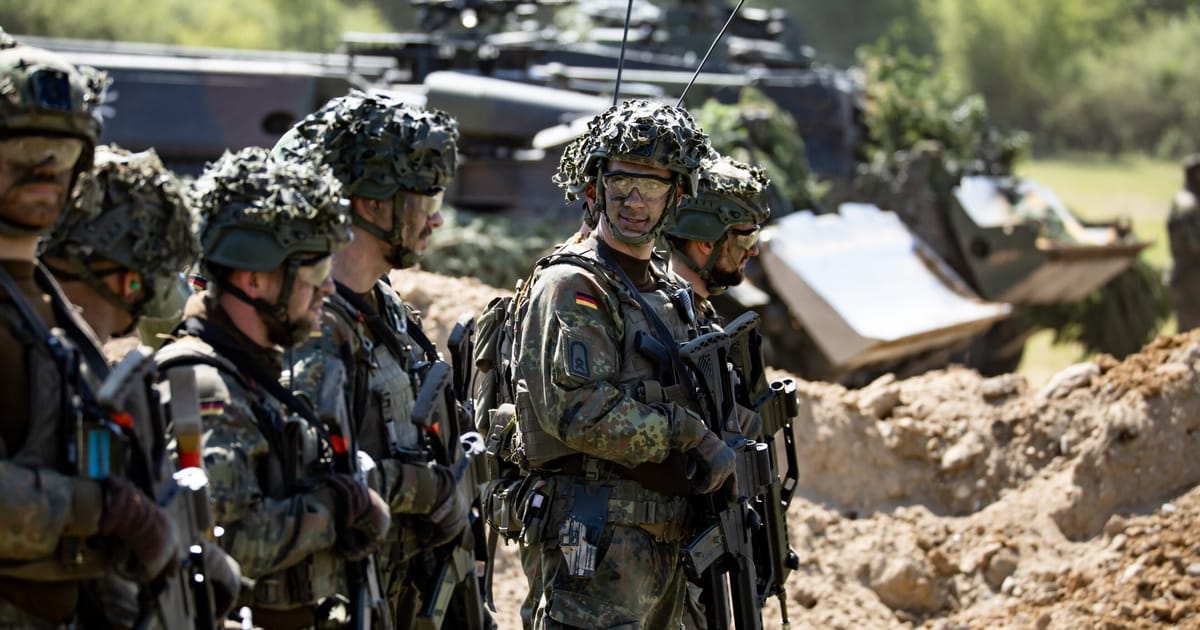

Amid a backdrop of evolving international relations and economic strategies, several notable developments have emerged from Germany, France, the United States, Indonesia, and China. These initiatives signal a shift towards more cooperative and strategic global engagements.
Germany has recently received the European Union’s approval for its ambitious spending plan aimed at enhancing infrastructure, safeguarding security, and bolstering military capabilities. The comprehensive fiscal blueprint underscores Germany’s dedication to addressing pressing domestic needs while strengthening its role within the EU. By investing in infrastructure, the country seeks to modernize key sectors, support economic growth, and ensure a robust and resilient future. Additionally, increased expenditure in security and military affairs underscores Germany’s commitment to both national security and global cooperation.
Meanwhile, France has exhibited openness in addressing its colonial past through dialogue over potential reparations for the historical colonial massacres in Niger. This move marks a significant step in France’s willingness to reconcile with its historical actions, although the responsibility acknowledgment remains a topic of ongoing discussion. The French government has noted its readiness to engage in bilateral discussions with Nigerien authorities, emphasizing collaborative efforts in provenance research and patrimonial cooperation. This effort reflects a willingness to foster constructive relations and begin a healing process rooted in acknowledgment and dialogue.
In the realm of international trade, United States President Donald Trump announced a trade agreement with Indonesia featuring a key commitment from the Southeast Asian nation to purchase 50 Boeing jets. In exchange, Indonesian goods will face a tariff of 19% upon entry into the U.S., significantly lower than the previously threatened 32% rate. This deal represents a nuanced balance in negotiations, fostering economic collaboration while averting potential trade escalations. The timeline for the implementation of this agreement remains under deliberation, with ongoing discussions likely to shape the practical execution of this trade endeavor.
China’s economy has demonstrated resilience amid global trade challenges, revealing a 5.2% growth in GDP for the second quarter. This performance not only exceeded analysts’ expectations but also highlighted China’s strategic maneuvering to manage its engagements within the ongoing trade context. The country strategically front-loaded shipments before the imposition of new tariffs, showcasing adaptability and foresight in sustaining economic momentum. This robust growth serves to reassure both domestic and international stakeholders of China’s economic vitality amidst external pressures.
The recent economic and diplomatic maneuvers from these countries illustrate a broader trend of nations striving for careful balancing of domestic advancement and international collaboration. Germany’s forward-looking investments, France’s efforts towards historical reconciliation, the strategic U.S.-Indonesia trade pact, and China’s resilient economic growth collectively paint a picture of a world where cooperative engagement and pragmatic strategies are crucial in navigating current and future global dynamics.
Source: {link}
